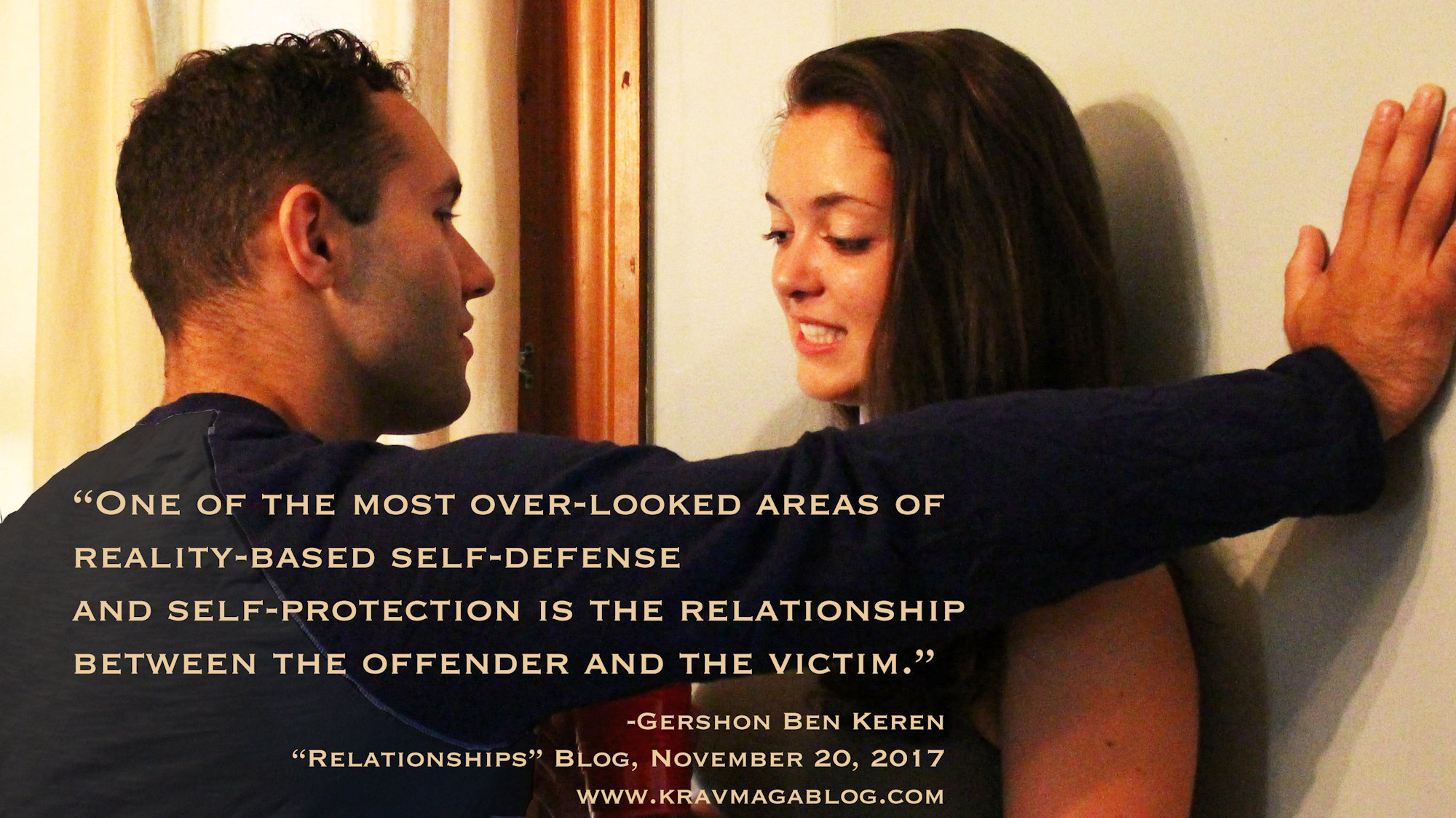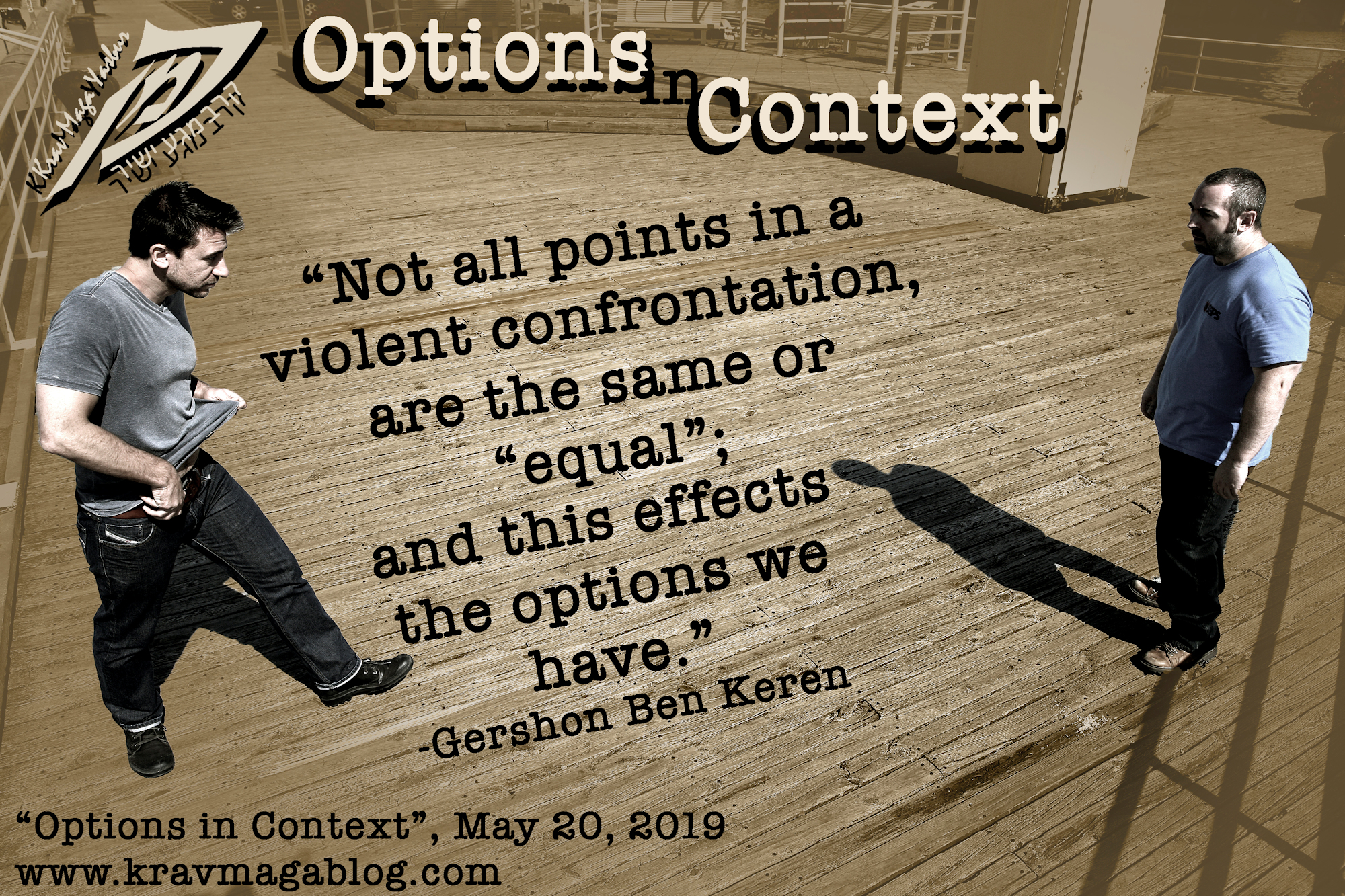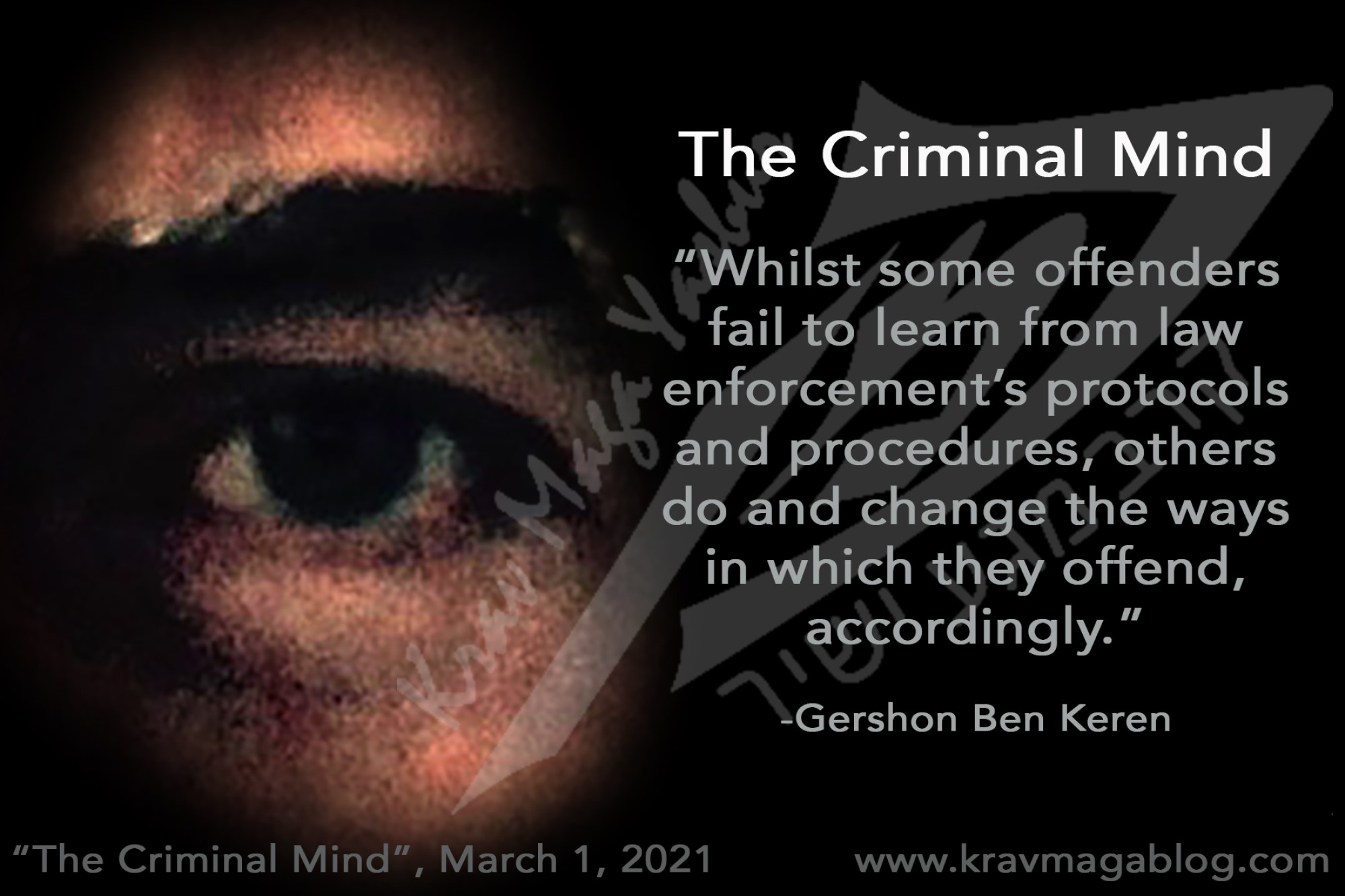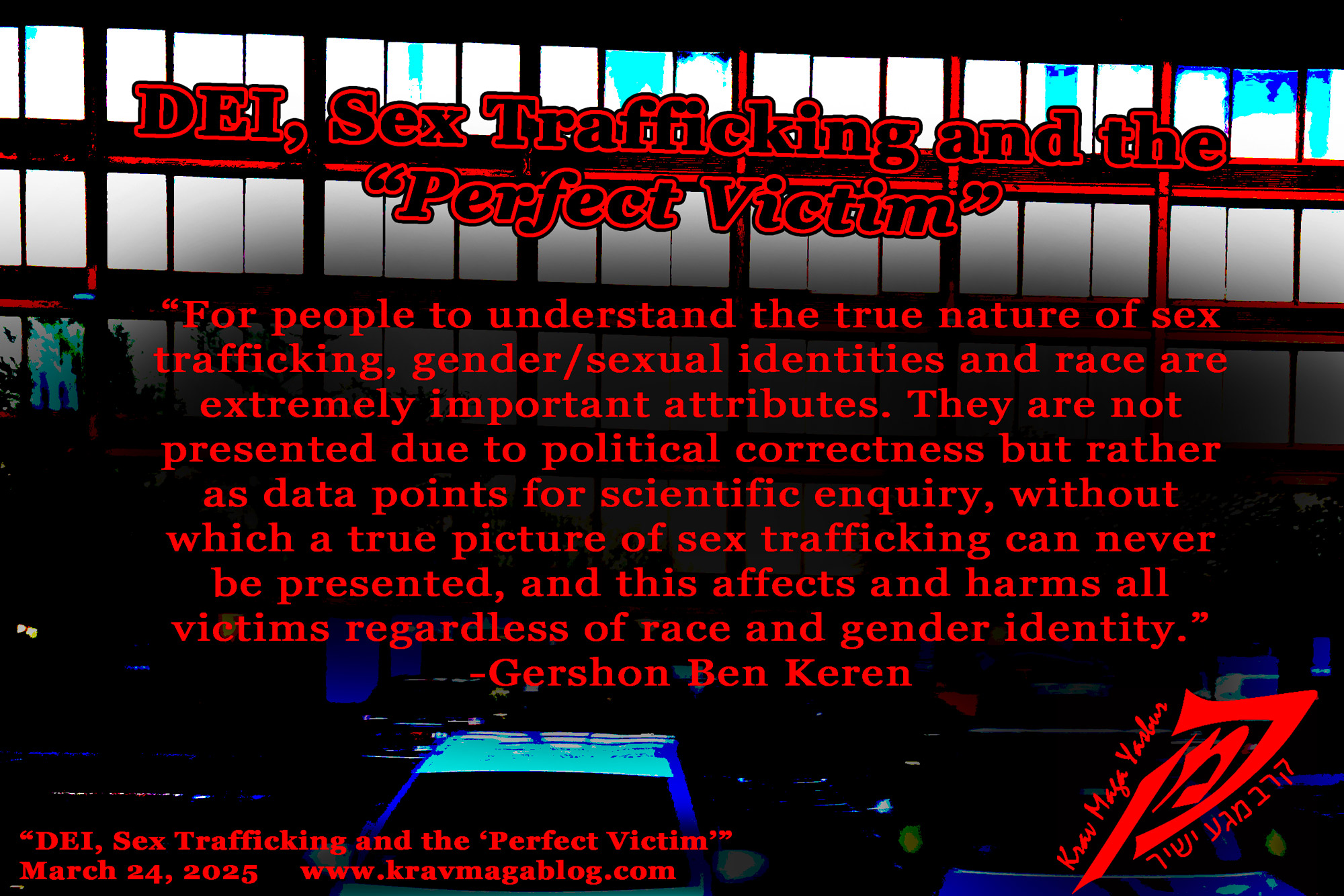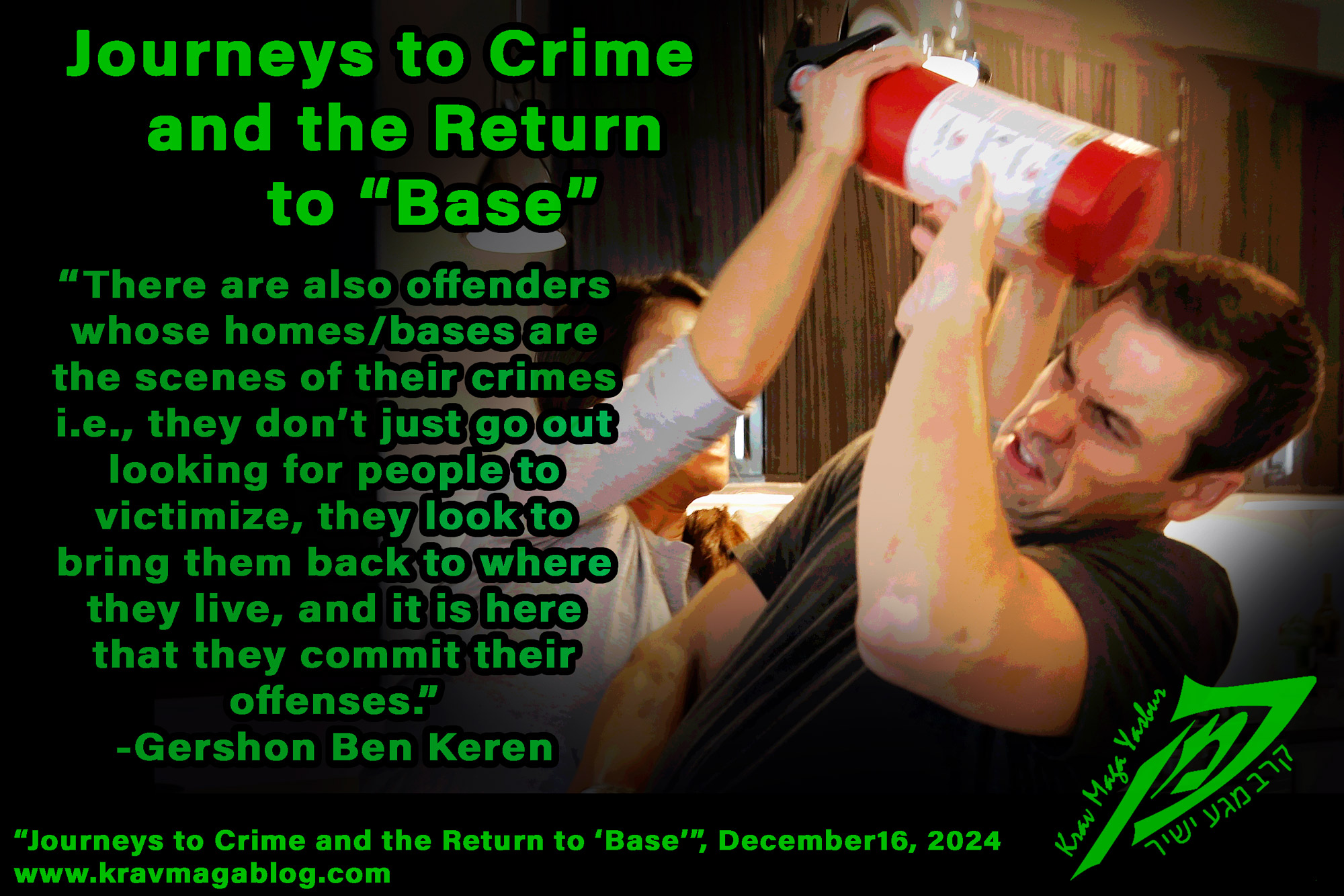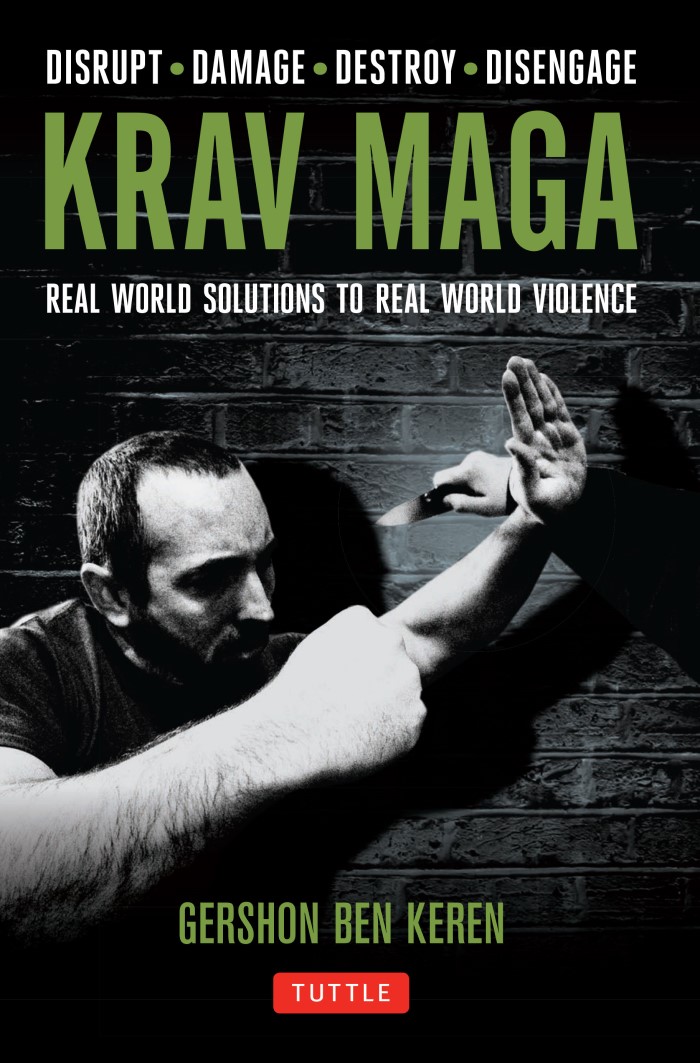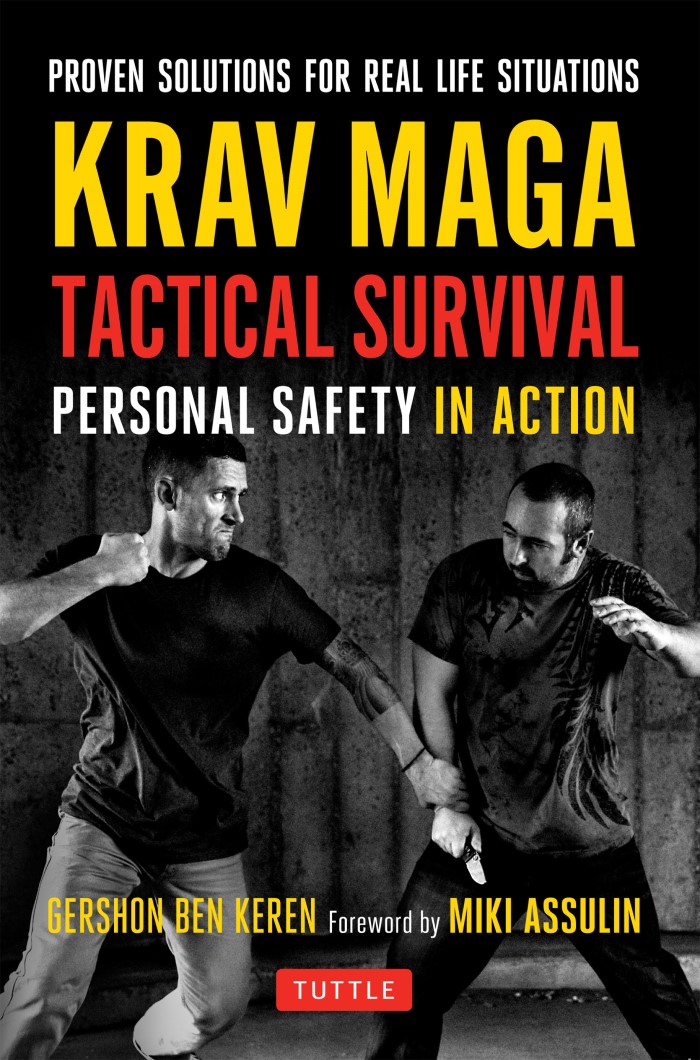The Criminal Mind, is an article written by Gershon Ben Keren, a 5th Degree Black Belt in Krav Maga, who teaches Krav Maga in Boston, MA. He has also authored three Amazon best-Selling Books on Krav Maga.
I have written before about the fallacy of the “Criminal Mind” i.e., that offender’s brains/minds, are somehow wired differently to “normal” people etc. however, in this article I want to look at how a person’s experience with the Criminal Justice System (CJS), and in particular the American Penal System may change and effect how a person thinks and behaves etc., and how this may effect future offending etc. There are indeed offenders who treat prison/jail as a “business center” for crime, offering networking opportunities, and the chance to better educate oneself about how to offend more efficiently/effectively – just as there are offenders who want to keep themselves to themselves and do their time etc. – however there are common experiences that shape both groups of prisoners, and that also influence future offending etc. In this short article, I want to look at how certain interactions with the CJS may influence and change patterns of offending, and how we need to account for these in the way that we respond to crime and violence; not that we make distinctions between those who have convictions and those who don’t, but rather that we assume every offender we come into contact with operates in a criminally educated/influenced fashion.
One of the character traits that often gets cited in research concerning juvenile delinquency is “impulsivity” i.e., those that tend to offend are impulsive, and act without thinking, compared to those that don’t etc. Some criminologists have unsuccessfully tried to make a connection between behaviors, and genes, using character traits – which are genetically influenced – as the conduit, arguing for the idea that there is a “biological” criminal brain; there are though individuals who are highly impulsive but don’t commit crimes, which means that there is no direct causal link etc. However, whilst impulsivity may lead somebody to commit a crime, either through poor judgment, or the desire to “thrill seek” etc., such impulsivity is often punished in penal institutions, with inmates quickly learning that acting in an emotionally spontaneous fashion, without forethought and rationality can quickly put them at risk. In a social order that doesn’t offer much governance – unless they belong to a gang – reacting to an incident rather than carefully responding to it, can set off a chain of events, which quickly sees an individual lose control of a situation e.g., an insult thrown out at an unknown inmate, could see a person in an all-out war against a gang. This often results in prisoners learning to behave in a hyperrational way, learning to be patient and bide their time etc., planning on the best way to pursue their goals, rather than simply flying off the handle. There are of course individuals who never learn this lesson, however many learn to curb such impulsivity and instead become patient planners, due to their time inside. This also manifests itself post-release, meaning that the hot-blooded, impulsive youth who may have entered the institution, may exit it as someone who has developed the patience and restraint to wait for the right moment.
It is surprising how many offenders who were caught committing serious crimes, were caught because of a minor infraction e.g., someone who was committing an abduction with the intent to murder, was caught after they were pulled over on a routine traffic stop due to an out-of-date vehicle registration, or were parking in a handicapped spot etc. These “errors”, which characterize first-time offending (that is punished), are rarely repeated. Offenders learn. I remember reading the account of one serial rapist who used to drive to various locations to look for victims, but after being stopped as he drove away from a crime scene, realized that it would be better for him to park his car outside of the neighborhood(s) where he was offending, as it was easier to get past a police perimeter on foot, than in a car. Whilst many offenders fail to learn from law enforcement’s protocols and procedures, many do and change the ways in which they offend, accordingly. Most muggers who engage in street robberies soon realize that they don’t need to use a weapon to gain compliance, and that doing so is likely to increase the severity of the charges brought against them if caught – if experience doesn’t teach them this, then it is likely that other criminals will, either on the “street” or when incarcerated etc. It is these things which form and develop the “Criminal Mind”, rather than some underlying genetic/biological causes.
Incarceration also provides predatory offenders an understanding of the vulnerabilities that other offenders face, and how these can be exploited. A growing trend in the U.S. prison system is the grooming of women for prostitution whilst they are incarcerated. Due to the public being able to access information regarding arrest, and incarceration data (including photos/mugshots), pimps can select, and target individuals based on their supposed suitability e.g., if an offender is serving a relatively short sentence for drug-related offenses (especially if this is a repeat offense), then this vulnerability is something that can be exploited. The pimp may then start to contact the individual in prison, depositing money into their personal prison account, writing letters, and even visiting them etc. By understanding how a little money and attention can become a “lifeline” to those serving time – due to their own experiences inside - they are able to “loan shark” those they target, building up a debt that their victim, will feel obliged to pay back (and will be put under pressure to do so). It will be this individual who picks them up on release, and will normally provide them with free drugs, alcohol, and a place to stay. After a few days of partying and enjoying their freedom, they will become a sex worker. For some women they understand how this works, as it has happened to them before, and with a lack of choices and resources when let out, believe that such a lifestyle is inevitable; for others it is a rude awakening. Somebody who has experienced incarceration, understands how to exploit those who are experiencing the same.
If there is such a thing as the “Criminal Mind”, then it is something that is formed and developed due to experience(s), which comes from leading a criminal lifestyle e.g., experiences committing crimes, spending time with other criminals, and interacting with law-enforcement and the Criminal Justice System etc. It is easy to think and label offenders as being stupid, especially when we hear about those who make “rookie” mistakes. However most learn from these, and if they offend again, they are likely to do so in a more considered fashion, unless their motivation is simply to get their next fix etc. What may appear to us as a simple offense may in fact have more moving parts than we are aware of, and so looking at an incident simply as it appears to us may be detrimental to our safety.
0 COMMENTS
